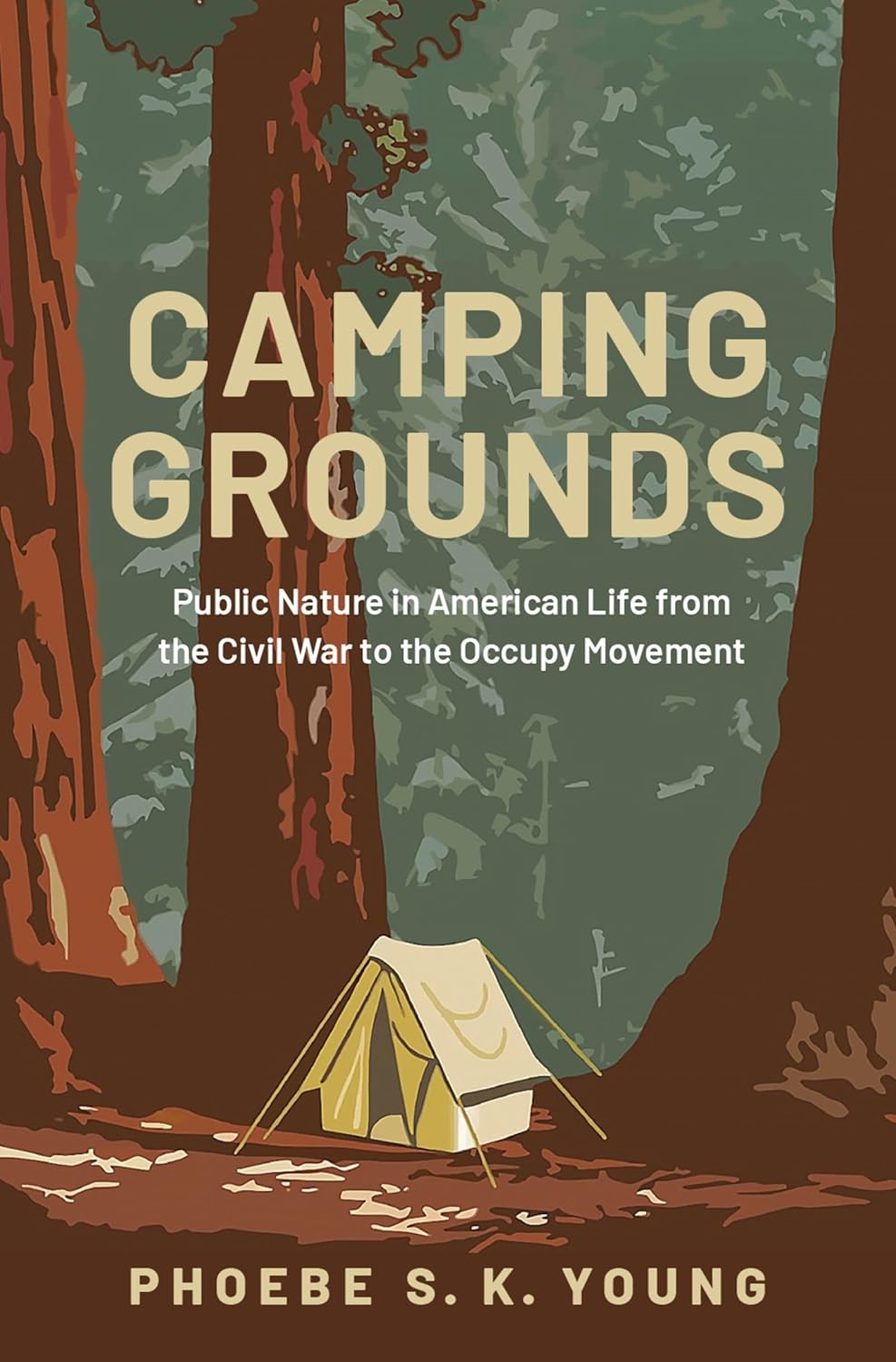By the eighteen-seventies, the society pages of Scribner’s Monthly could no longer hide it: the “American pleasure-seeking public” had run out of places to seek their pleasure. Summer after summer, vacationers resigned themselves to “broiling in a roadside farm-house” among the “odor of piggery and soap-suds.” Or they visited costly resort towns, finding “more anxious swarming crowds than those left behind.” For solitude on a shoestring, Scribner’s suggested an exotic last recourse—a retreat into nature with only a tent and modest provisions. “We mean camping out,” the magazine wrote, as if to cue an awed gasp. Such a pastime would appeal to those with “a lucky drop of vagabond blood in their veins.”
Just a drop would do, though. Early campers didn’t wish to be mistaken for actual vagabonds, and the line between the two was easily smudged. In 1884, Samuel June Barrows, an outdoors enthusiast and, later, a one-term congressman, warned that a traveller carrying a “motley array of bedding, boxes, bags, and bundles” might arouse “suspicions of vagrancy”; to distinguish oneself from the riffraff, it was best to pack a “de luxe” tent and fashionable attire. Barrows’s anxiety underscored the contradictions of recreational camping, which he described as “a luxurious state of privation.” One of its luxuries was that it was temporary. In the name of leisure, well-heeled campers sought out the same conditions that, in other contexts, they condemned as uncivilized, unsanitary, or criminal.
In “Camping Grounds: Public Nature in American Life from the Civil War to the Occupy Movement” (Oxford University Press), the historian Phoebe S. K. Young finds that Americans have long struggled to decide what camping is, and who is allowed to do it. Over the decades, the act of sleeping outside has served wildly varying ends: as a return to agrarian ideals, a means of survival, a rite of passage for the nuclear family, a route to self-improvement, and a form of First Amendment expression. In Young’s account, it becomes a proxy for disputes about race, class, and rootlessness—all the schisms in the American experiment.
